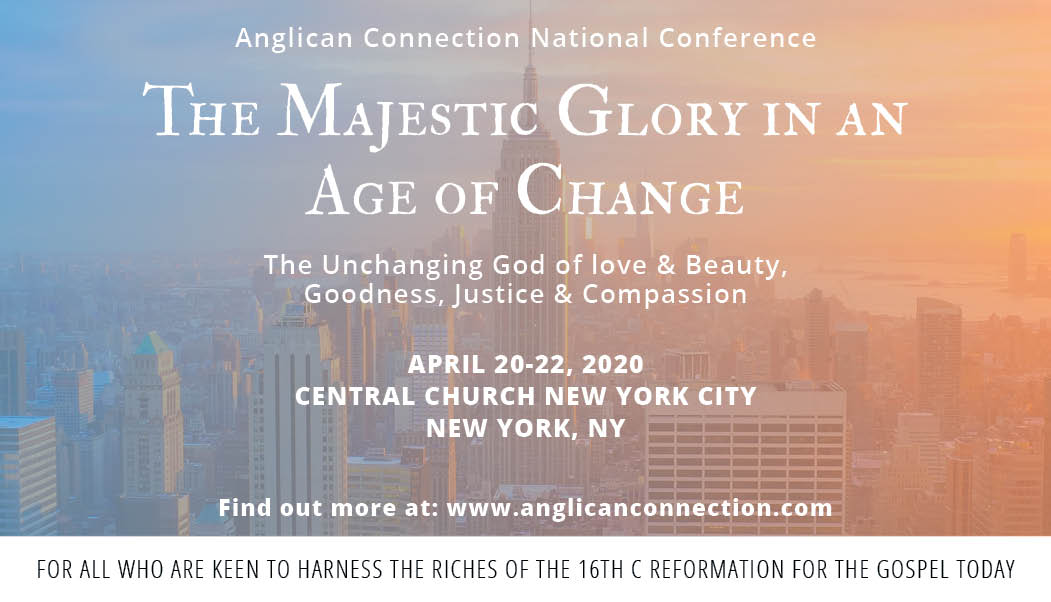In his book, The Right Questions (2002), the late Phillip Johnson – who before his retirement had been Professor of Law at the University of California, Berkeley for over thirty years – wrote:
‘There is an unacknowledged creation story that is at the root of all secular learning’ (p.63). ‘… There was no “Word” – no intelligence or purpose – at the beginning. Only the laws and the particles existed, and these two things plus chance had to do all the creating. Without them nothing was made that has been made…’ (p.64).
‘Belief in a personal, supernatural creator is increasingly confined to the uneducated,’ he continued, ‘and may be expected to fade away as education becomes ever more universal. Even if educated people eventually become dissatisfied with materialism, they tend to turn to some unbiblical compromise like process theology, in which God evolves with the world’ (p.65).
One of the fundamental weaknesses amongst God’s people today is the lack of on-going growth and maturity. So many have received Christ but have not gone any further. Because their faith is shallow they limp through life, not living in the vitality and joy of a heartfelt relationship with Jesus the Lord. Nor do they have answers for a world that has fallen in lock-step with a secular materialism that does not acknowledge the possibility that science might point to the reality of a supernatural creating intelligence; that Dr. John Lennox, emeritus professor of Mathematics, Oxford University, might be correct when he writes in God’s Undertaker: Has Science Buried God? ‘To the majority of those who have reflected deeply and written about the origin and nature of the universe, it has seemed that it points beyond itself to a source which is non-physical and of great intelligence and power.’
For God’s people to remain stunted in their faith is the very opposite of what God longs to see.
Consider what the Apostle Paul writes in Colossians 2:6-7: As you therefore have received Christ Jesus the Lord, continue to live your lives in him, 7 rooted and built up in him and established in the faith, just as you were taught, abounding in thanksgiving.
As you received Christ Jesus the Lord, so now live. When Christ comes into our lives there are many things that need to happen. There’s cleaning up to do and renovation. But, as anyone who has been involved in such work knows, it takes longer and costs more than anticipated. It’s like that with our lives. It takes longer and is costly to make our lives fit for the king. The challenge is to make Jesus Lord in all our affairs.
Paul sometimes uses the imagery of putting off the old and bringing in the new. In Colossians 3 he provides examples: In 3:5 we read, Put to death therefore what is earthly in you:… Toss out of your life what doesn’t fit your new life with Christ. It might be sexual immorality, lustful desire, envy or greed. It might be anger or rage, malice or slander, foul talk or a failure to speak the truth.
Put on then, Paul says, compassion, kindness, lowliness, meekness, and patience, forbearing one another and, if one has a complaint against another, forgiving each other; as the Lord has forgiven you, so you also must forgive. And above all put on love, which binds everything together in perfect harmony (3:12ff). As you received Christ, so live in him.
Rooted and built up… While Paul seems to mix his metaphors, his meaning is clear: he expects growth. He doesn’t want to hear that God’s people are stunted in their faith, or as he says later, that they are focusing on rituals, mystical or ecstatic experiences. As with any relationship, true growth occurs through verbal communication. Growth in our relationship with Christ occurs through spending time in the Scriptures and prayer.
Sometimes we’re not motivated to read the Bible until we experience some hardship or tragedy. Sometimes it’s not until we see possessions for what they are, things that have a passing splendour, that we see the reality of God’s truth. And then we begin to grow.
And, Paul emphasizes the need to remember what we have learned from the Scriptures at every twist and turn through life: As you were taught… be established in the truth, (2:7).
Furthermore let’s not overlook Paul’s exhortation …abounding in thanksgiving. How often are we anxious because thankfulness to God is not part of our psyche!
Thankfulness is a real measure of our growth in Christ. We won’t be taken up with our own desires and complaints for long if a spirit of thankfulness is an essential part of our thinking and attitudes.

The Anglican Connection is not just for Anglicans. It is a network that is committed to drawing from the biblical, theological and liturgical riches of the 16th century Reformation for the benefit of our 21st century mission.
Speakers include:
- Dr. HF (Fritz) Schaefer (Graham Perdue Professor, Computational Quantum Chemistry, University of Georgia; one of the world’s eminent quantum chemists);
- Dr. John Lennox (emeritus Professor of Mathematics, Oxford University);
- Dr. Liam Goligher (Senior Minister Tenth Presbyterian Church, Philadelphia, PA);
- Richard Borgonon (In the Lloyds insurance market for 45 years. With William Taylor (St Helen’s Bishopsgate, London) he developed and promotes the ministry, ‘Word One-to-One’);
- Keith Getty (Director, hymn-writer, lead pianist, Getty Music);
- Dr. Felix Orji, (Bishop of Convocation of Anglicans in North America (CANA) West);
- Jason Harris (Senior Minister, Central Church, Park Avenue, New York City);
- Andrew Pearson (Dean & Rector, Cathedral Church of the Advent, Birmingham, AL)
- Dr. Henry Jansma, Rector of All Souls Church, Cherry Hill, NJ, Canon Theologian, The Anglican Diocese of the Living Word.

